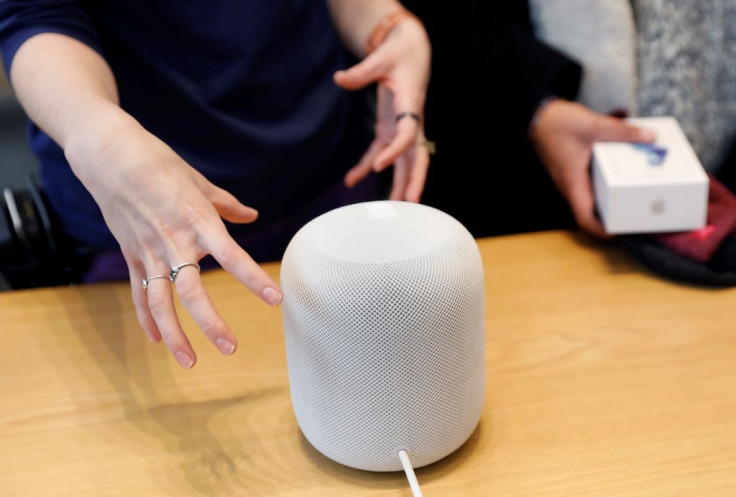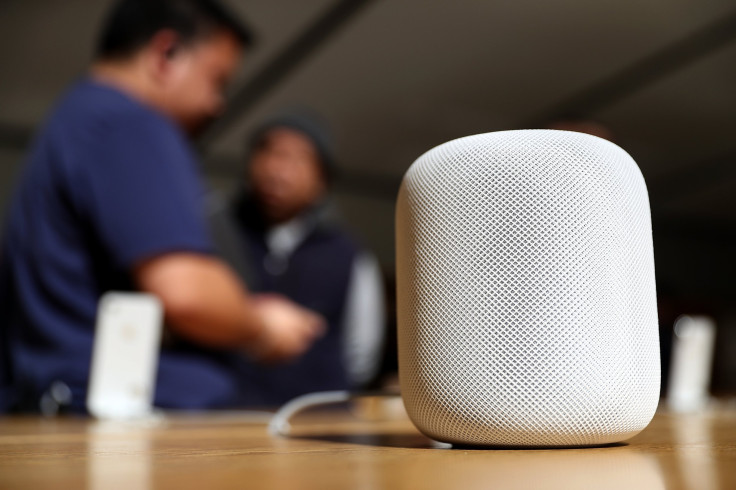Digital Assistants Don’t Make People Less Polite, Study Finds

A study has found that no matter how impolite an adult can be towards a digital assistant, he or she isn’t as likely to be as impolite towards humans -- yet.
Researchers from Brigham Young University looked into people’s interactions with both humans and digital assistants and found that even if they are likely to treat their digital assistants like Apple’s Siri or Amazon’s Alexa in a rude manner, they are not likely to treat their peers or other humans rudely.
The Salt Lake Tribune reported that the study, in fact, found that although some adults tend to shout at their digital assistant-powered devices, they remain generally kind to their neighbors. Interestingly, some of those who get very angry at Siri remain nice to young children and pets.
“Worried parents and news outlets alike have fretted about how the personification of digital assistants affects our politeness, yet we have found little reason to worry about adults becoming ruder as a result of ordering around Siri or Alexa,” study creator James Gaskin, associate professor of information systems at BYU, said.
How they did it
Gaskin started to show interest in how human interaction with digital assistants affect human to human interaction after buying a smart home speaker and watching his daughter interact with Alexa via the device. He found that while Alexa could sustain hours of conversing with his daughter, the digital assistant gets confused when his daughter says the word “please.”
Gaskin found that the device was not programmed to respond well to words like “please” and other niceties like “thank you.” Alexa, in fact, would be less effective when these words are used.
Intrigued, the BYU associate professor started to investigate the idea that if people are not used to asking a digital assistant to do things nicely, will they also stop asking people for some things nicely as well.
Gaskin and Nathan Burton, a graduate student and lead author on the research, talked to 274 adults and evaluated their interactions with Siri, Alexa and people. They found that no matter how rude these adults may be towards Siri and Alexa, they’re not as rude towards other people and pets.
Another thing
The researchers note that the study failed to include kids among respondents. While they believe that adults don’t need to say “please” or “thank you” to a digital assistant since adults have already formed behavioral habits, it may not be the same with kids that are yet to develop attitudes and behaviors as they grow up.

© Copyright IBTimes 2024. All rights reserved.




















